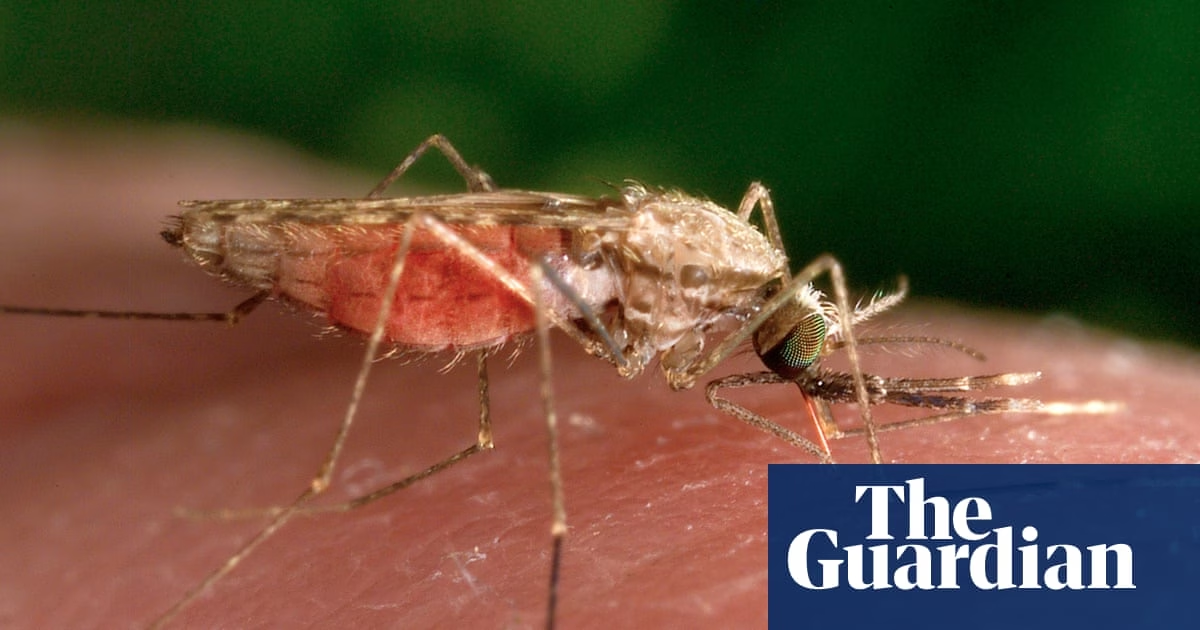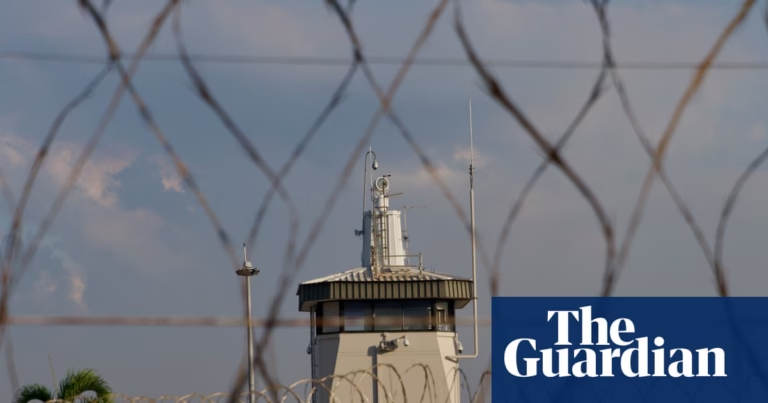Zimbabwe’s fight against malaria has faced a major setback, as the disease has surged drastically following the reduction in US aid. Statistics from 2025 show a stark contrast with just one outbreak the previous year, with 115 outbreaks recorded.
The spike in cases emerged six months after Donald Trump stopped crucial funding for US research and reaction programs to the disease. Funding cuts in January 2025, which affected tuberculosis, HIV/AIDS, and malaria programs, crippled the Zimbabwe Entomological Support Programme in Malaria at Africa University. This program provided scientific research and support to the country’s National Malaria Control Programme.
Malaria cases leapt by 180% in the first four months of 2025, with malaria-related deaths increasing by 218% compared to the same period in 2024. By June 26th, Malawi reported 119,648 malaria cases and 334 deaths, according to the Zimbabwean health ministry.
The distribution of critical items such as insecticide-treated nets was also disrupted, leaving many without protection. The health ministry acknowledged a shortfall of 600,000 nets due to the withdrawal of US aid. Itai Rusike, the director of Zimbabwe’s Community Working Group on Health, emphasized the crisis posed by the funding gaps to the country’s malarial progress over the past two decades.
The issue of malaria is of particular concern for children under five, who make up 14% of total cases. Zimbabwe aimed to eliminate malaria by 2030 as part of the African Union’s goal. However, Dr. Henry Madzorera, a former health minister, suggested the country should utilize its own resources rather than relying on donors to continue extermination efforts. He advocated for the wise use of taxes designated for the health sector to treat and prevent the disease.
In 2024, USAID allocated $270m for health and agricultural programs in Zimbabwe, reflecting the significance of international aid. However, the USAID cuts have affected the supply of mosquito nets and other essential preventive measures.
Deputy health minister Sleiman Kwidini acknowledged the disruption but remains committed to the goal of eradicating malaria by 2030. Prof. Sungano Mharakurwa, director of Africa University’s Malaria Institute, stated that the indefinite delay of the Zento mosquito surveillance program because of funding cuts could slow down progress but expressed hope of a quick recovery once funding is restored.
Source: https://www.theguardian.com/global-development/2025/jul/19/health-malaria-mosquito-deaths-zimbabwe-trump-usaid-cuts-disease-control






